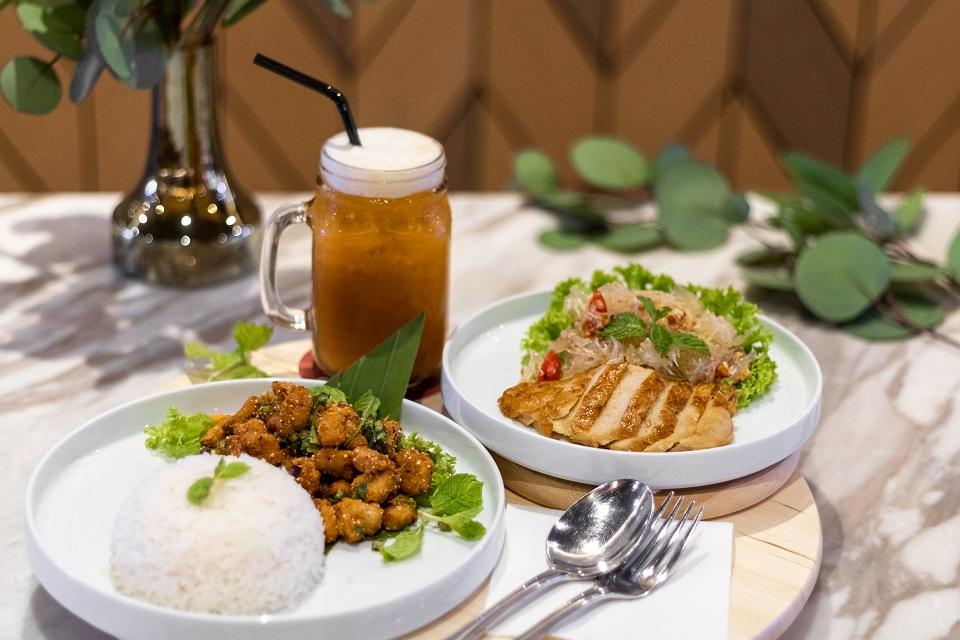As an expat, having lived in Singapore for quite some time - you may notice that the cuisine is a beautiful blend of local and international flavours.You can easily find every kind of food ranging from Parisian pastry to local Singaporean delights. So, when it comes to the production and usage of alternative meats - how can Singapore ever stay behind?
Plant-based meats are made using plants. They are an alternative to traditional meat sources. In recent years, their production technique and technology has evolved to a point where protein is extracted from plant sources like wheat, soy and peas to develop meat options that are very similar in taste and texture to actual meat.
Although plant-based meats aren’t something novel. Inventors and food enthusiasts have been trying to make them the norm since the 19th century. However, the vegan meat options nowadays not only have to satisfy the palates of vegetarians but also have to appeal to the people who indulge in traditional meat quite frequently.
How The Pandemic Quickened The Use of Plant-Based Meats?
Alternative meat options aren’t just about winning a war between culturing VS killing. It is about the planet’s very survival. Blackbox Singapore’s recent research suggests that the traditional system of livestock farming adds 14.5% to the Earth’s greenhouse emissions and it also consumes 45% of Earth’s land surface. Enjoying traditional meat is harming our environment and disrupting our biospheres rapidly.
The pandemic came as a revelation for a country like Singapore who relies on other countries for over 90% of its food needs. Food sustainability became an agenda for the government that they are now pushing through their “three basket” initiative targeted at achieving a 30% food independence level by 2023.
In recent years, many food startups have chosen Singapore for their production facilities and hence, their products are now being featured in restaurants and shops across the island. The Singaporean palate is now adjusting to the tastes and textures of cultured meat along with developing a sustainability driven mindset.
According to research by Technavio - the estimated market value of food tech businesses in Asia is projected to reach US$12.75 billion by 2030 and Singapore will have a lot to contribute to this number.
Initiatives such as the Food Sustainability Restaurant Week during the 2022 Singapore Food Festival are testament that the food tech community is spreading awareness rapidly. Singapore offers a ripe landscape for these startups to experiment and invest in their research.
One such startup, Shandi Global is making quite the impact in this market as the only alternative meat supplier in the world with a 5 patented food technology that uses Non-GMO and all-natural ingredients such as chickpea protein, brown rice, quinoa, flax seeds, and coconut oil to develop their plant-based chicken meat products. They have currently launched their patties, shreds, drumsticks, and pieces that are being used by large establishments and individual buyers as well.
After securing their second round of seed investment, they’ve launched the largest manufacturing facility for alternative chicken meat products on the island. This meat is rich in protein sources and is a definite contender for real chicken meat because it has the same cooking properties and response to temperature as chicken does.
Shandi is just one example in this market that is growing day by day. There are other notable startups and research labs that are continuously investing their time and effort in perfecting these alternative meat products for a larger consumer market globally.
fb. www.facebook.com/shandiglobal











